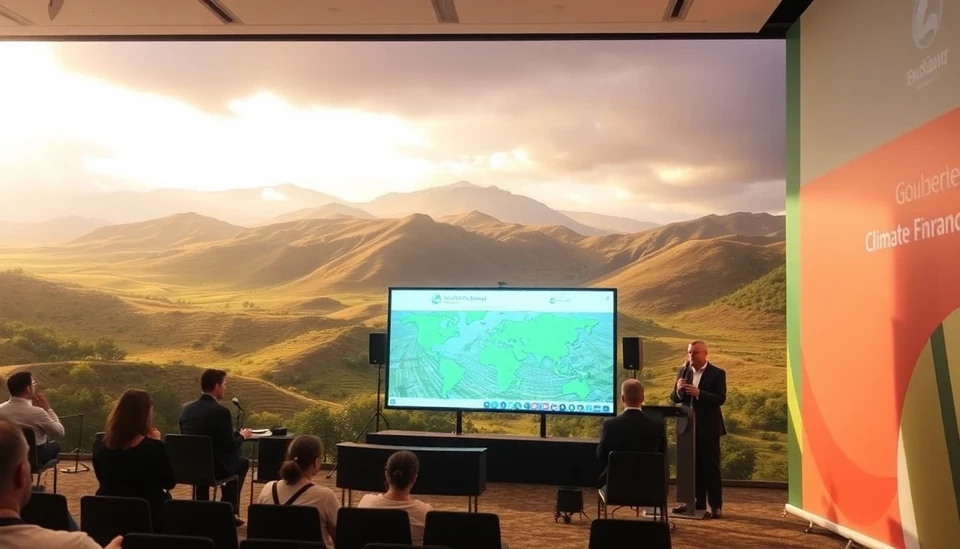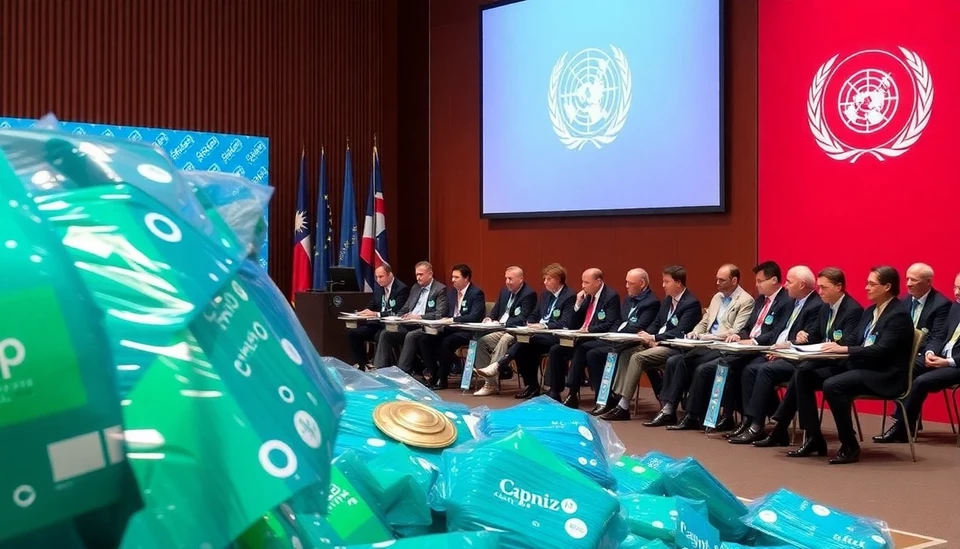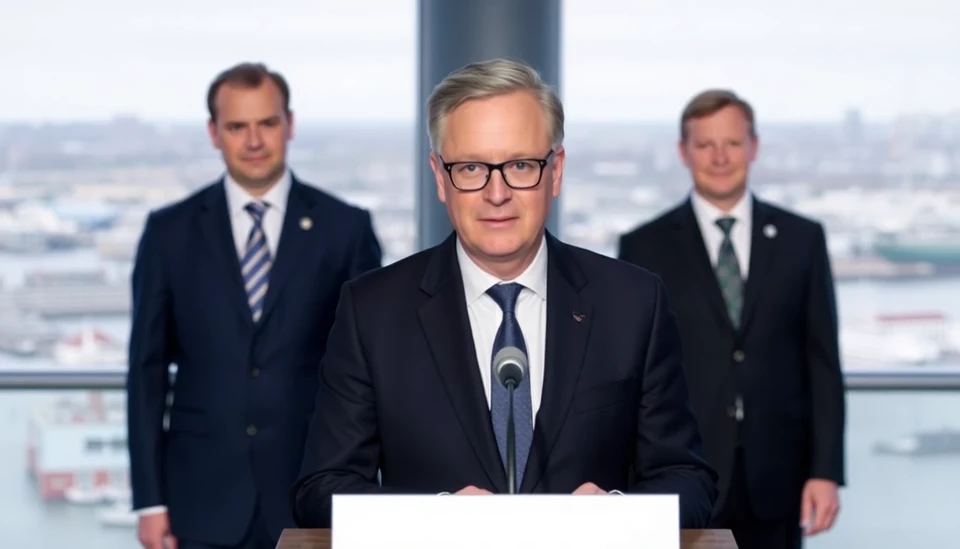
The 29th Conference of the Parties (COP29) is making waves as global leaders congregate to address pressing climate issues, especially in how to reshape climate finance for developing nations. The stakes have never been higher, with the urgency to address climate change aligning with the need to make resilient investments in vulnerable economies.
One of the major themes emerging from the conference is the call for innovative financing mechanisms specifically tailored for the developing world. Many countries are grappling with the dual challenge of climate adaptation and economic development. Budget constraints have left many nations lacking the necessary funds to implement effective climate policies. This has raised the importance of mobilizing private sector investment alongside traditional public funding.
During the sessions, stakeholders emphasized that a shift in the paradigm of climate finance is essential. Traditional funding models are proving inadequate, and there is a clear push for new strategies that can attract private investments. Financing strategies highlighted include the introduction of carbon credit systems, green bonds, and concessional lending rates which can facilitate more accessible funding options for lower-income nations.
Another critical aspect under discussion is the need for transparency and accountability in finance distribution. Leaders are recognizing that without clear mechanisms to track how funds are utilized, there is a risk of misallocation which undermines trust among donor nations and recipient countries alike.
Besides governance issues, innovative tools such as climate risk insurance are being proposed. These can offer safety nets for vulnerable nations, allowing them to mitigate financial fallout from climate disasters. The idea is to establish frameworks where these countries can receive quick financial assistance in times of adverse climate events, helping them recover faster and build resilience against future shocks.
The conference also spotlighted the importance of collaboration between public and private sectors. Partnerships are being encouraged to foster joint initiatives that not only protect the environment but also stimulate local economies. Goals include sourcing investments in renewable energy, sustainable agriculture, and infrastructure development that collectively contribute to reducing carbon footprints.
Furthermore, as the discussions continue, countries are urged to share best practices and innovative success stories that have effectively mobilized climate finance in various regions. The aim is to create a global momentum that can be replicated in multiple contexts, ultimately leading to a more sustainable and equitable financial ecosystem for tackling climate change.
In conclusion, COP29 is setting the stage for a transformative approach to climate finance that prioritizes the needs of developing nations. It is evident that without a holistic strategy that combines public support with private sector innovation, the roadmap to a sustainable future remains precarious.
#COP29 #ClimateFinance #SustainableDevelopment #GreenInvestment #DevelopingWorld #InnovativeFinancing #ClimateResilience
Author: Sophie Bennett




